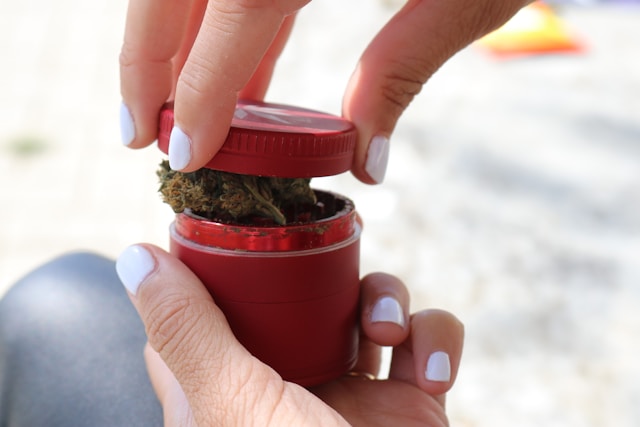In nearly every state, some form of cannabis consumption is permitted, whether it’s for adult recreational use, medical purposes, or limited medical use, though state laws differ significantly. Adding to the complexity, federal laws still ban the production, distribution, and possession of marijuana, except for research that has federal approval. However, the federal government generally allows states to set their own regulations and primarily targets criminal networks involved in marijuana activities.
To access medicinal cannabis, states usually mandate the possession of a medical marijuana card. This requirement holds even in states that have legalized recreational use. The criteria for obtaining a card can vary considerably by state, but typically involve a doctor’s prescription for a qualifying medical condition, registration on a state list, and some type of photo identification.
Consult A Doctor For Certification
To purchase medical cannabis, you must obtain a certification from a doctor confirming you have a qualifying condition. However, not every doctor can provide this; only those registered with the health department and who have completed specific training are eligible.
The health department offers an online list of approved practitioners, many of whom offer virtual consultations. The certifying doctor may contact your primary care physician to gather your medical records. An annual doctor visit is required for recertification, but it doesn’t have to be with the same doctor each time.
Medical Record Collection
To schedule your appointment, please use online booking systems. Be sure to fill out the electronic intake forms for new patients. Provide your latest medical documentation that confirms your qualifying condition.
You can upload these documents with your new patient paperwork or bring them to your appointment. Please note that while you can sign a waiver to request your records, your certification might be delayed until we receive the necessary documents. Leafy Doc Montana is the premier destination for obtaining a medical marijuana card online, featuring doctors specializing in this area. They guide prospective patients through every step of the process.
Use Your Card At A Dispensary
Receiving your physical card from the state health department might take several weeks. In the meantime, you could receive a temporary medical cannabis card to use at a dispensary, guided by your doctor’s recommendations. The dispensary employees, referred to as budtenders, can offer product information.
Bring your doctor’s suggestions along, but remember that each dispensary carries different products, so they may not have everything your doctor advised.
Stay In Touch With Your Healthcare Team
Cannabis can affect people in various ways, and even experienced doctors and pharmacists might not always predict how a particular product will impact a patient. Recognize that finding a suitable medical cannabis regimen for yourself might require some trial and error.
If you try a product and are unhappy with the results, feel it didn’t live up to your expectations, or have trouble getting your card, contact your cannabis physician.
Limitations For Obtaining A Medical Card
Caregivers assigned to patients are prohibited from using cannabis intended for the patient’s medical needs. They are required to:
- Supply cannabis exclusively to their assigned patient
- Comply with RCW 69.51A regulations
- Serve as a caregiver for only one patient at a time
Patients can designate only one caregiver at a time. To change or remove a caregiver, patients must complete a Revocation Request form and submit it to the specified address. Patients should consult their healthcare provider for a new authorization form to assign a new caregiver.
Endnote
When meeting with your doctor, whether in person or through telemedicine, it’s helpful to have your medical records ready. The more records you provide, the better your doctor can evaluate accurately.
